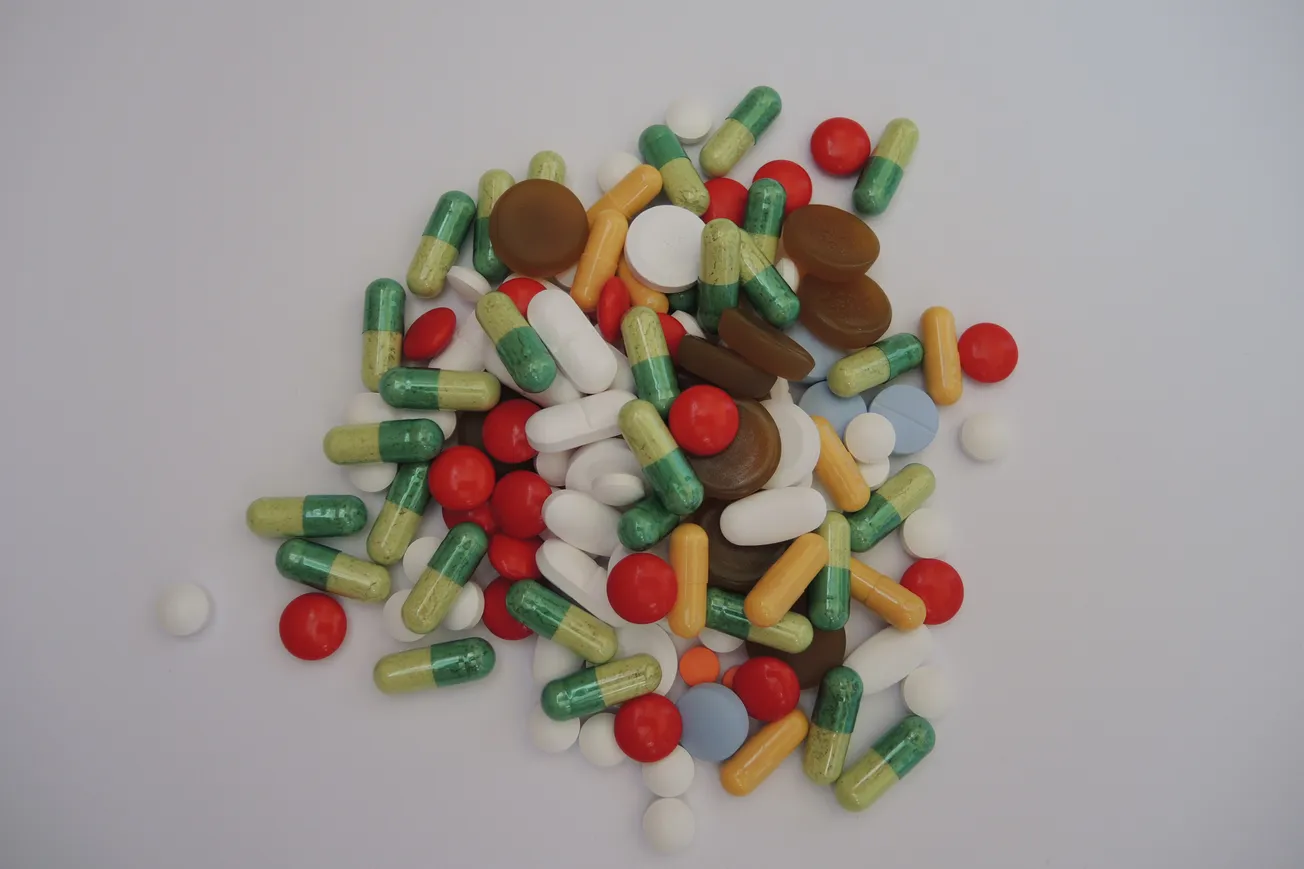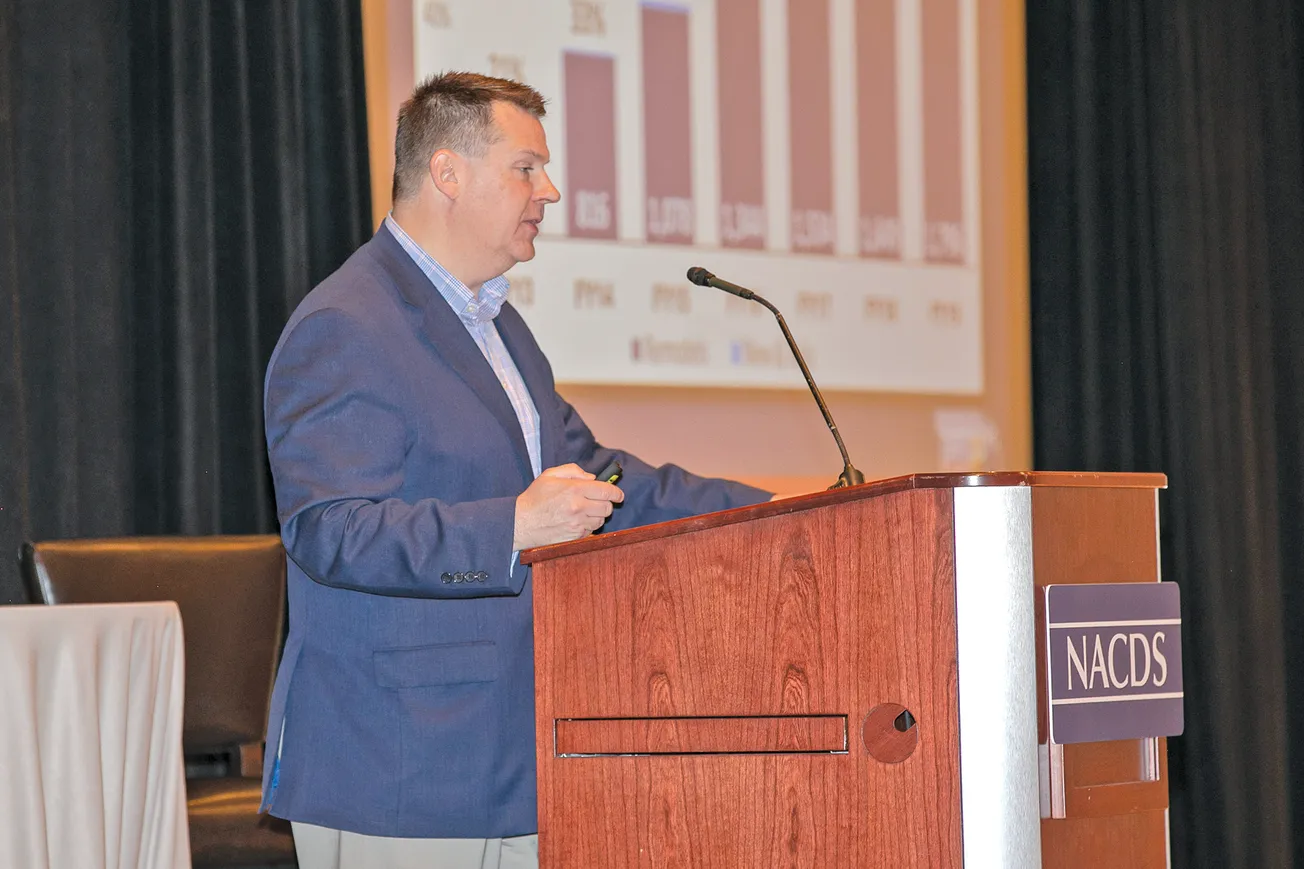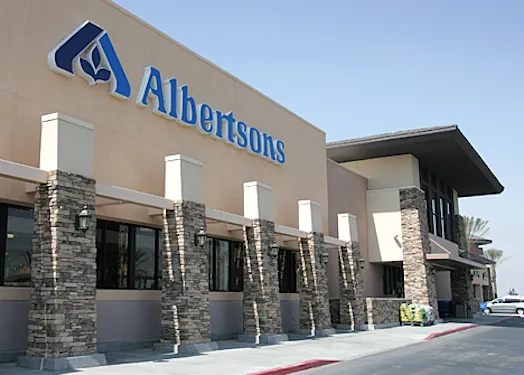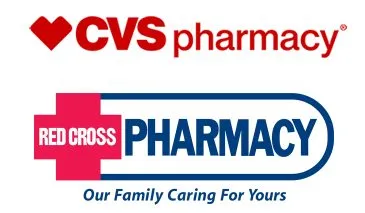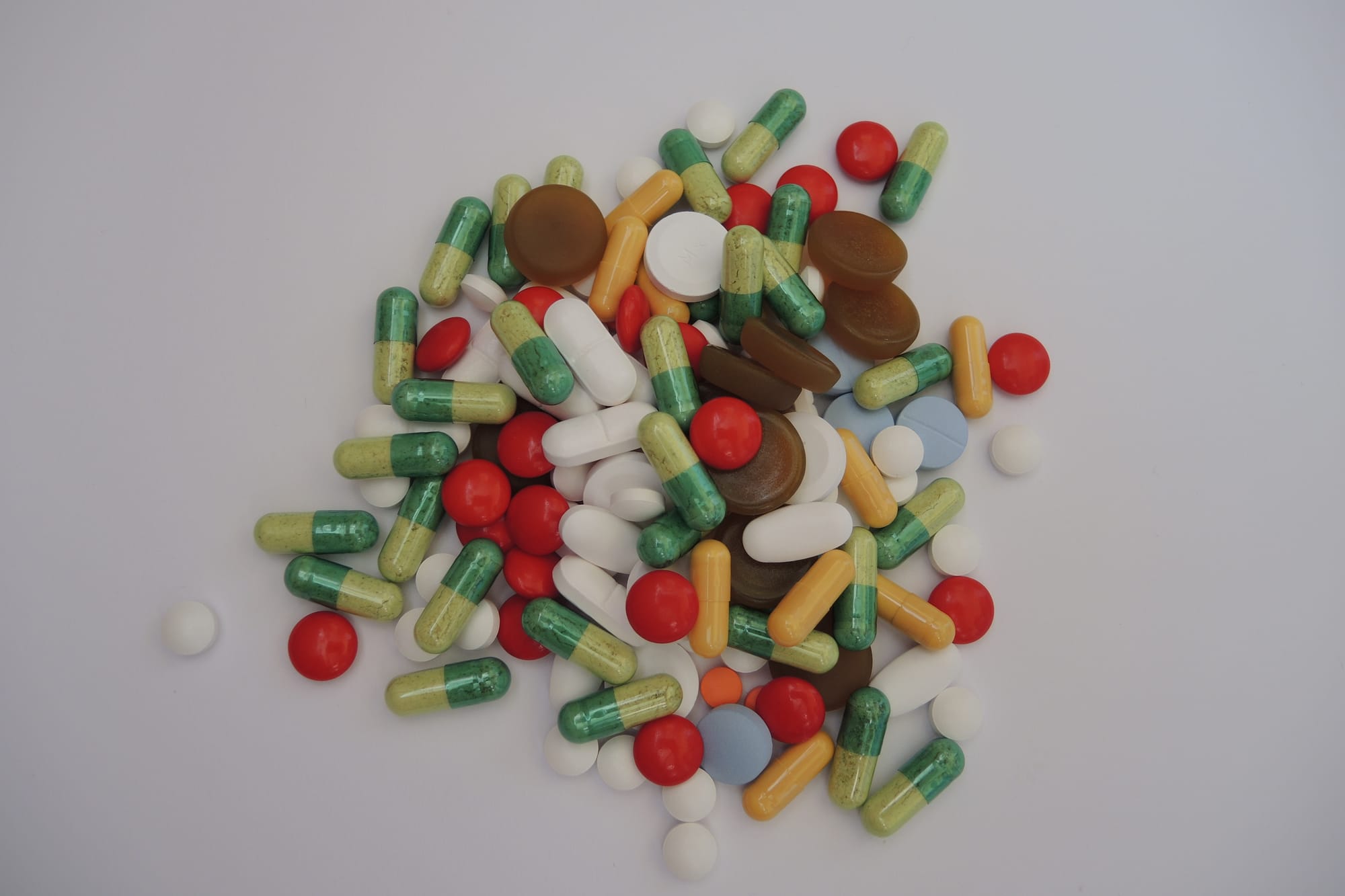
NEW YORK — By all accounts, opioid abuse in the U.S. has reached epidemic proportions. President Trump has declared the problem a “national health emergency,” with the White House stating the situation is likely to get worse before it gets better — a view shared by most, including the Centers for Disease Control and Prevention (CDC).
According to the latest Vital Signs report by the CDC, visits to emergency departments for suspected opioid abuse — based on reports from 52 jurisdictions in 45 states — increased 30% from July 2016 through September 2017. Studies also show that a majority of abused prescription drugs were obtained from family and friends, often from the home medicine cabinet.
The Drug Enforcement Agency’s (DEA’s) National Prescription Drug Take Back Day, which was held on Saturday, April 28, was designed to mitigate this problem by providing an opportunity for Americans to dispose of unwanted, unused or expired prescription medications.
On the day before National Prescription Drug Take Back Day, the National Association of Chain Drug Stores, which has been vocal in its support and advocacy for safe disposal and other measures to combat the opioid scourge, applauded the lead House of Representatives sponsors of the Access to Increased Drug Disposal Act of 2018, bipartisan legislation that NACDS says is consistent with the spirit of the organization’s policy recommendations to help address the opioid abuse epidemic.
The idea behind the legislation is to create a demonstration program to provide federal grant funding to states — based on a state’s eligible collector participation rate and opioid overdose rate — to assist drug disposal authorized collectors with their costs.
Solutions are also coming from chain drug retailers, such as Walgreens, which says it has collected more than 270 tons of unused medication through its safe medication disposal program since the company launched the initiative in 2016.
Walgreens participated in the DEA’s Prescription Drug Take Back Day, as did other companies including Kroger Co. and Cardinal Health Inc.

